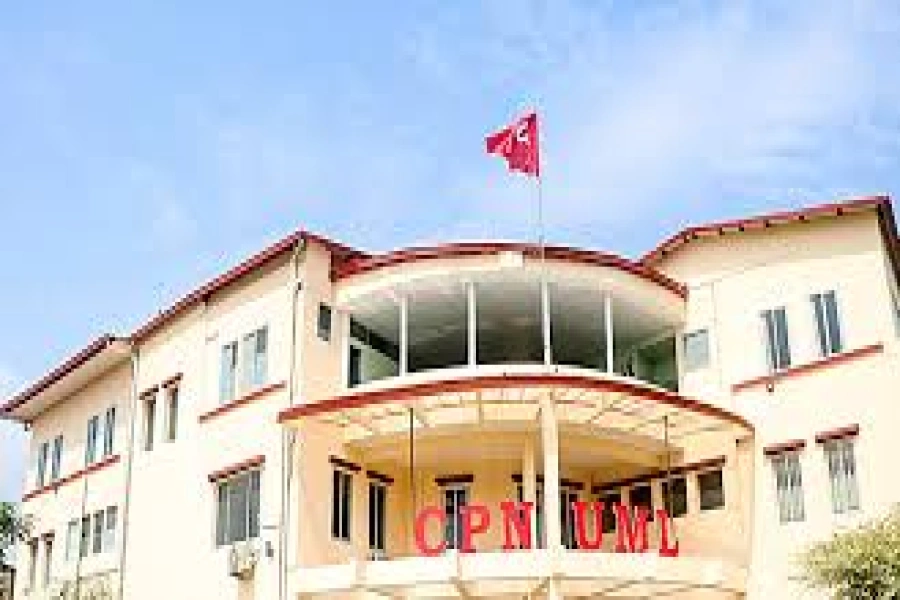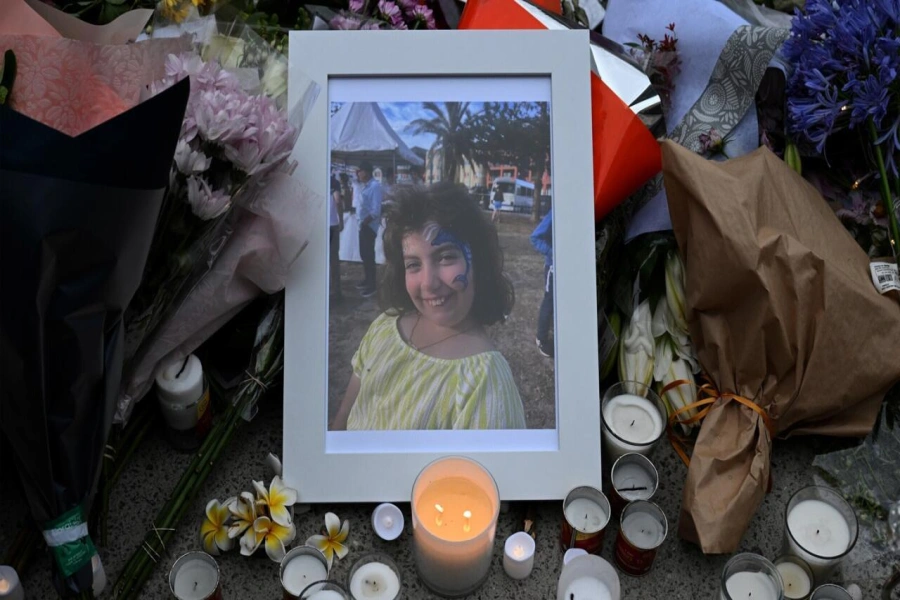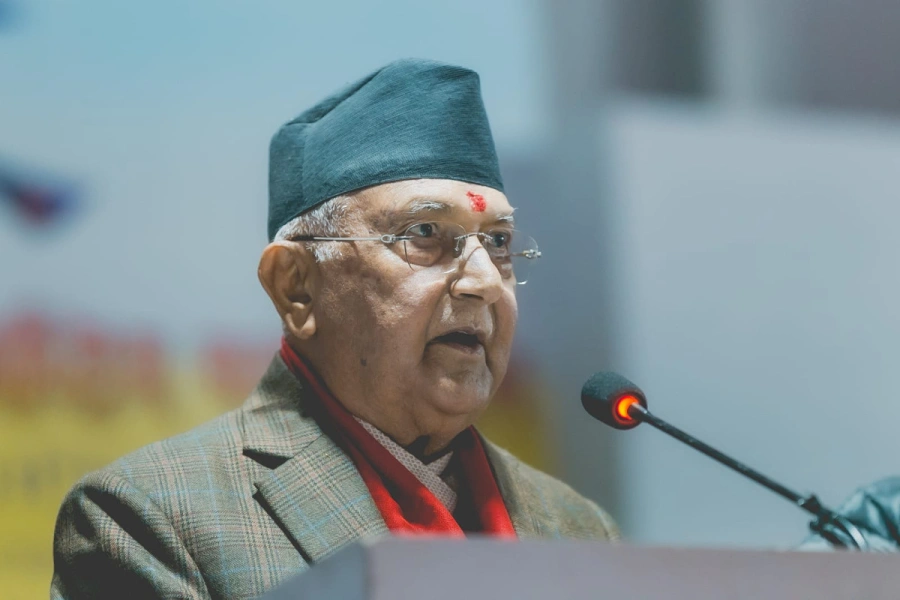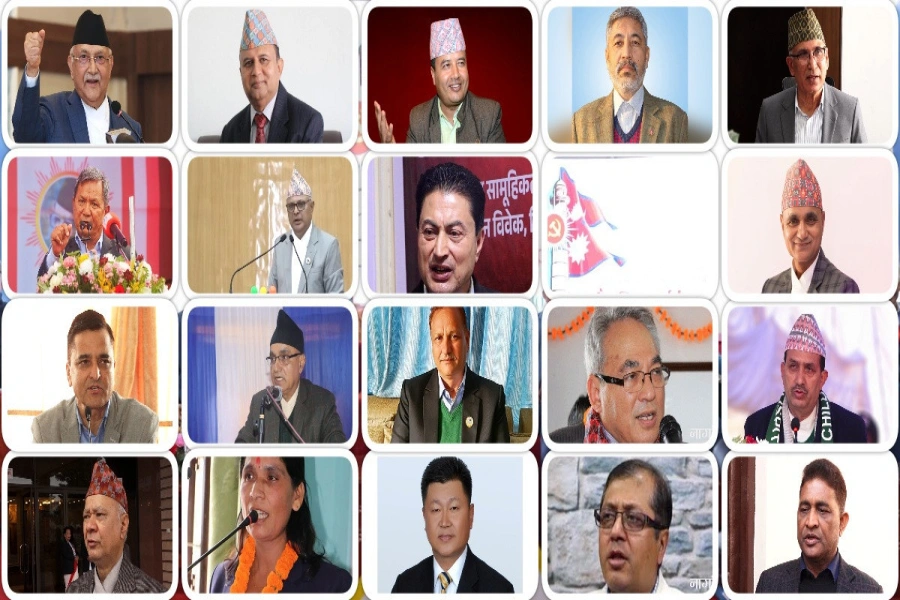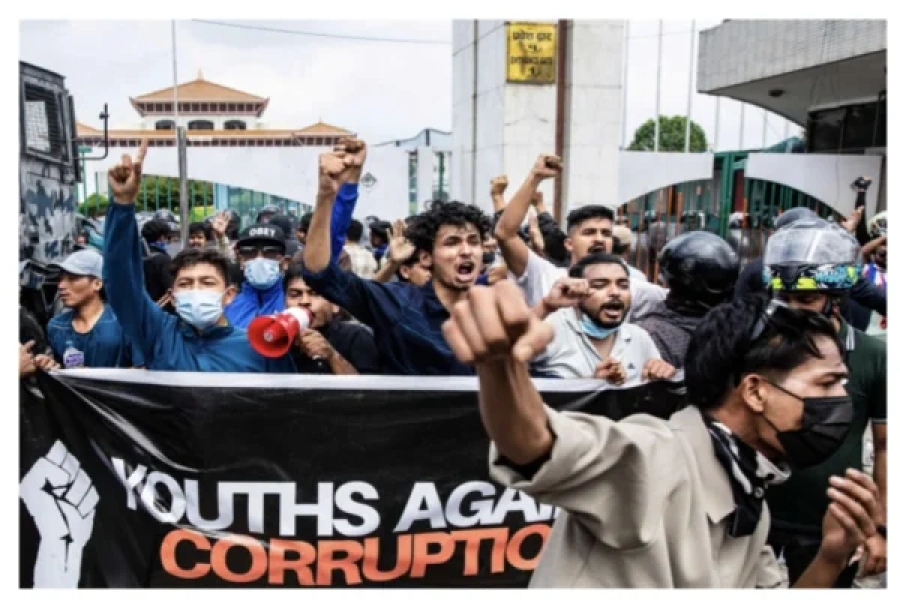KATHMANDU, Oct 7: Experts have sought a proper policy response by the government to address the adverse consequences in the livelihoods of the returned migrant workers following the global spread of the coronavirus disease (COVID-19).
Addressing the virtual meeting titled “Lessons of the COVID-19 pandemic: Labour migration and remittances in South Asia” organized by South Asia Watch on Trade, Economics and Environment (SAWTEE) on Tuesday, the experts also stressed on the need for an effective role on the part of the local governments to record profiles including the skills of returned migrant workers to help them integrate in the local economy.
Malaysian govt decides to impose ban on migrant workers from Ju...

Research Director at SAWTEE Paras Kharel said there is a high possibility that the country will be overwhelmed with a large number of returnees as many migrant workers are still in process to return to the country. “While the return migration can also be an opportunity if the subsequent pressure galvanizes the government into action, this could very well constitute a veritable tinderbox that can explode with even a small spark if the government failed to create jobs and properly integrate the large number of returnees,” said Kharel.
Representatives of Biruni Institute, Afghanistan; Centre for Policy Dialogue (CPD), Bangladesh; Research and Information System for Developing Countries (RIS), India; Sustainable Development Policy Institute (SDPI), Pakistan; and Institute of Policy Studies of Sri Lanka (IPS) also addressed the event.
The participants from other South Asian countries said migrant workers from the region, since both internal migrants and those living abroad have been disproportionately hit by the COVID-19 pandemic the remittances might witness a sharp fall in the coming days. They also stressed on the need to raise collective voices to ensure welfare of the migrant workers in the host countries.
SAWTEE in association with other prominent think-tanks in the region has been organizing a series of webinars from September 22 through October 16 to deliberate on various socio-economic aspects of the COVID-19 pandemic.



